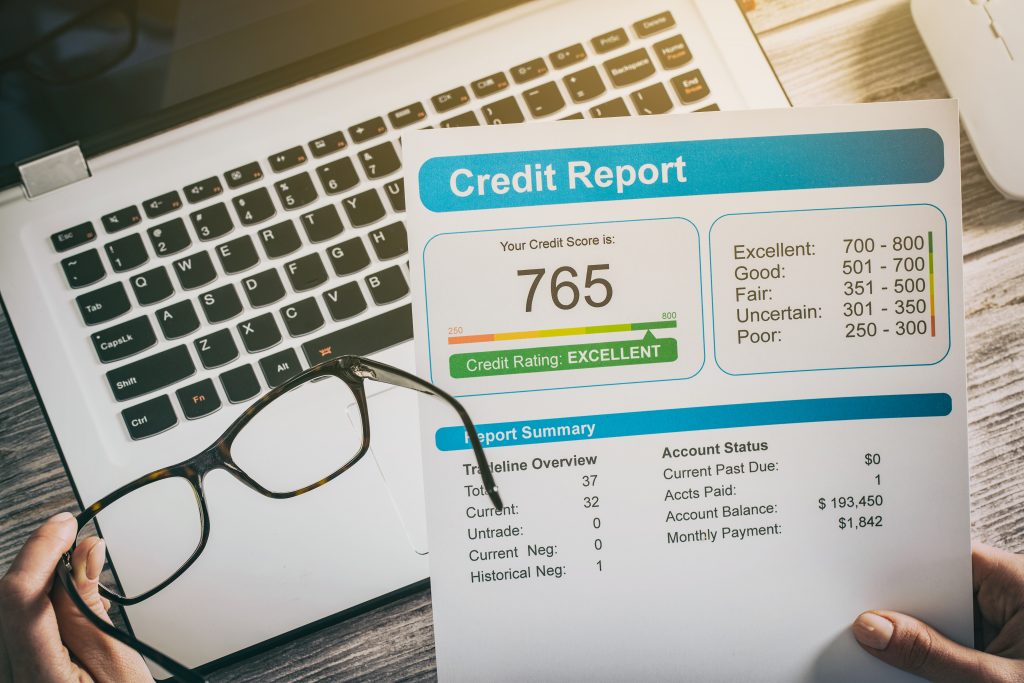|
|
Understanding the Lifespan of Credit Report Entries

Your credit report is a vital document that lenders use to determine your creditworthiness. The duration that different types of information remain on your credit report can impact your credit score positively or negatively. Here’s an updated guide on how long various items stay on your credit report.
Credit Accounts and Relationships: Active credit accounts and relationships will stay on your credit report as long as they are open. Once closed, the information will typically remain for an additional two years.
Negative Accounts: Negative items on your credit report can be distressing, but they don’t last forever. Here’s how long you can expect different negative entries to remain on your report:
- Hard Inquiries: These can decrease your score by two to five points per inquiry. They remain on your report for up to two years, but their impact lessens after the first year.
- Missed Payments: Payments that are at least 30 days late can stay on your credit reports for seven years. The later the payment, the more it can hurt your credit scores.
- Collections: Accounts sent to collections can also stay on your report for seven years. While paying off the collection won’t remove the entry, it does eliminate the risk of being sued.
- Account Charge-offs: If a lender gives up on collecting a debt and charges off the account, this will remain on your report for seven years.
Positive Accounts: Accounts that were paid as agreed will generally be removed from your credit reports ten years after the date of the last activity. It’s important to note that creditors report to credit bureaus on their own schedule, so updates to your credit report can occur continually. Typically, it takes 30-45 days for a payoff to be reflected on your credit report.
Public Records Bankruptcies can stay on your credit report for 7-10 years, depending on the chapter filed. Tax liens and other judgments are also considered negative items and will remain on your report for seven years.
Improving Your Credit Habits The best strategy for maintaining a good credit score is to develop sound financial habits. Avoid making credit mistakes and take a proactive approach to managing your credit. Regularly review your credit report for accuracy and address any discrepancies promptly.
Visit https://www.kwikcashonline.com to learn more!
